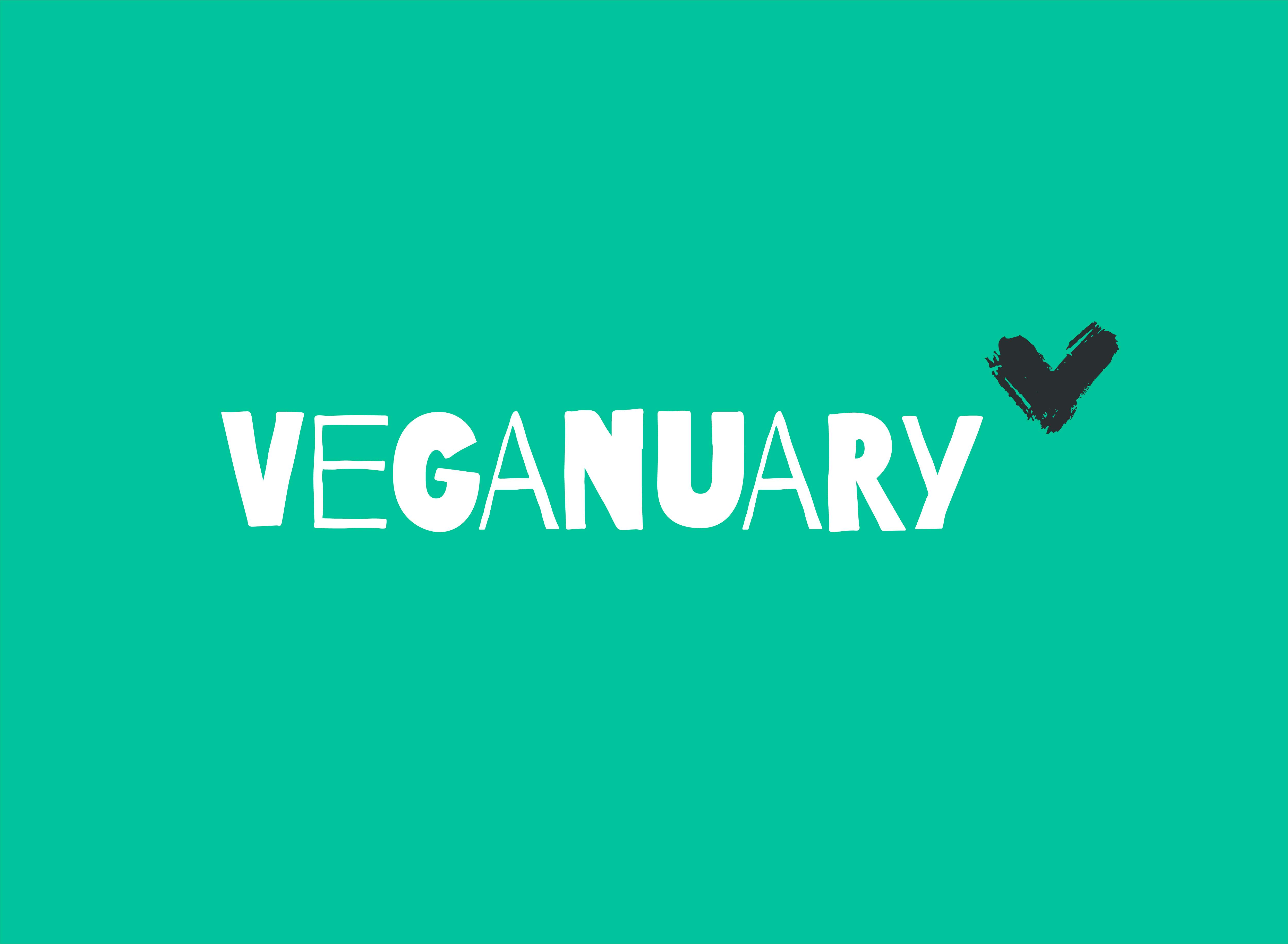For a long time Veganism has come at a price premium. With companies investing in high-tech innovations (mostly faux meats) and mouthwatering branding efforts that entice customers and promise to replicate the taste, flavour and texture of meat.
However, much of this innovation comes with a hefty price tag. For example a pack of two Beyond Meat burgers will cost you £4 at Tesco, while a pack of four frozen beef quarter pounders is £2.65. Simply pricing out price conscious consumers.
This focus on faux meats has also meant an underinvestment in other plant-based categories. And with growing concerns over what goes into these products and a demand for more natural options, health focused consumers aren’t left with much choice.
This was echoed in a recent conversation we had with Michael Corlett, Strategy & Insight Director at Deliciously Ella.
“People are getting wise to many meat mimic products having more salt and fat than a McDonald’s Big Mac”? Moving forward, to drive growth, brands must position themselves as both healthier and plant based. It’s going to be a bit of a winning combination.”
So it’s been refreshing to see a shift in focus this year.
First, and most notably is an emphasis on affordability with the likes of Aldi (Plant Menu), ASDA (OMV) and Tesco (Plant Chef) all expanding their plant-based product ranges at pocket-friendly prices. Most around the £2 mark.
Secondly a move towards plant-based products that are less processed. Ranges such as Plants by Deliciously Ella, BOL and Tideford Organics promise great tasting freshness without compromising convenience or nutrition.
So what does this all mean for the future of the plant-based category? In our opinion, the opportunities simply lie in creating greater choice for consumers (faux and natural) and innovating at both ends of the price spectrum to cater to various segments.
